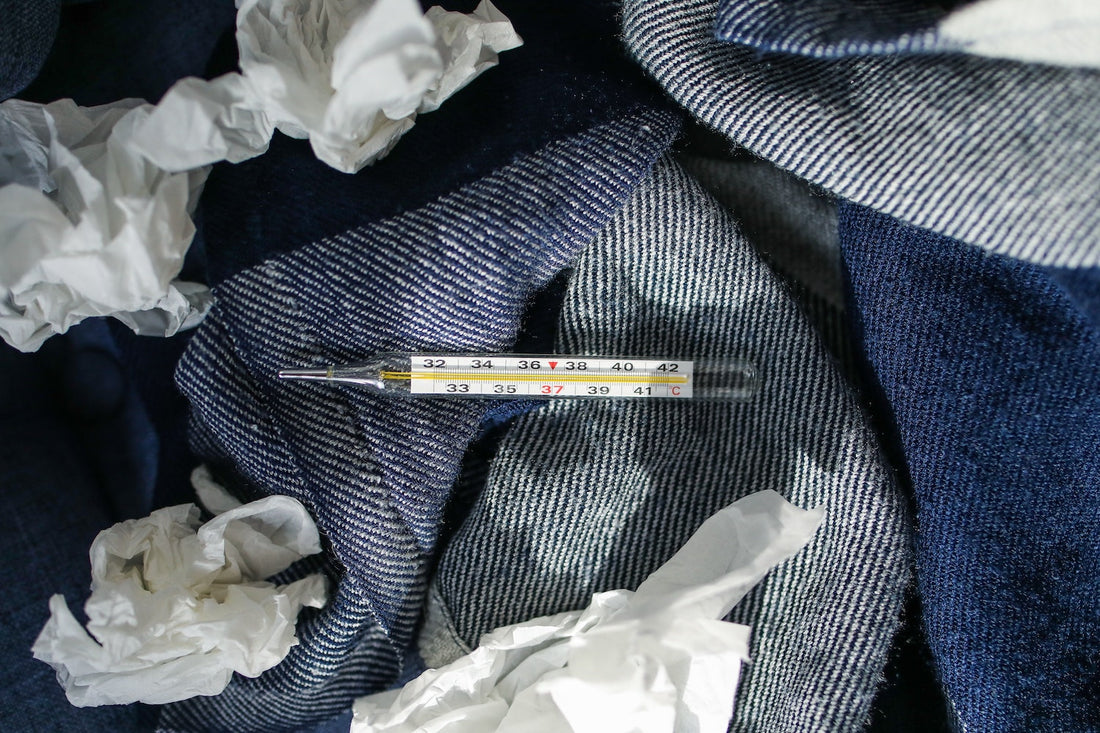
Good Sleep – the key to strengthen our immune system
Good sleep is the key to our personal health and wellbeing and making sure we consistently get a good night’s sleep is one of the best ways we can improve our immunity and defend against viruses and disease. Sleep is our natural immune booster.
To protect ourselves against influenza viruses, including Covid-19, we need to strengthen our immune system. Our immune system has different ways to fight viruses:
- White blood cells are produced in the bone marrow and act as important scavenger cells.
- The vitamin D receptor is located in all cells.
- The T-killer cells form a direct defence against viruses.
- Special cellular virus recognition binding sites can release direct immune hormones to kill viruses.
How The Immune System Works
Our immune system is activated when it recognizes antigens, or toxins and other foreign substances to your body. This triggers a response, where the immune system develops antibodies, or cells specifically developed to fight the invader. Once these antibodies are produced, the immune system will keep a file and use it again if it ever runs into the same issue; this is why you typically only fight the chicken pox once in your life.
The three most important function of our immune system are:
- To identify pathogens, or disease-causing germs, and remove them from the body. These include viruses, parasites, bacteria or fungi.
- Spot and neutralize harmful substances that come from outside the body.
- Combat major changes within the body, like cancer cells
How Sleep affects our Immune System
Sleep is necessary for your immune system to run as efficiently as possible.
1. Sleep Boosts T Cell Production
One way sleep helps the immune system is in how it fosters T Cell production. T Cells are white blood cells that play a critical part in the immune system’s response to viruses. Their activation is an important step in how the body handles invaders, with T Cells attacking and destroying virus-carrying cells. A good night’s sleep is needed for T Cells to work their best, however.
One recent study showed participants who were able to get a full night of sleep reported higher levels of T Cell activation compared to participants who didn’t get ample sleep. Sleep deprivation, meanwhile, stops T Cells from responding efficiently — and makes it more difficult for the body to fight back against illnesses.
2. Good sleep Improves the Immune System’s Response to Threats
The immune system’s response time is also improved by getting a good night’s sleep.
By completing the four sleep cycles, you’re supporting the release and production of cytokine, a multifaceted protein that helps the immune system quickly respond to antigens.
A lack of sleep makes this tougher. Our body relies on a full night of rest to replenish the cells and proteins it needs to fight diseases. Sleep loss stymies cytokine production, and in the process makes it harder for your body to battle back against viruses.
The coronavirus outbreak has become a worldwide threat in the last few weeks. It’s certainly concerning, and we at Dagsmejan are thankful we have so many dedicated people working towards a solution. The news has served as a reminder of how important sleep is in supporting our immune system. By getting a full night of sleep, we help our bodies best fight back against potential threats
Reference:
Quality Sleep, Your Immune System, and the Coronavirus Outbreak (Dr. Michael J. Breus)
Sleep and immune function (Luciana Besedosky)






